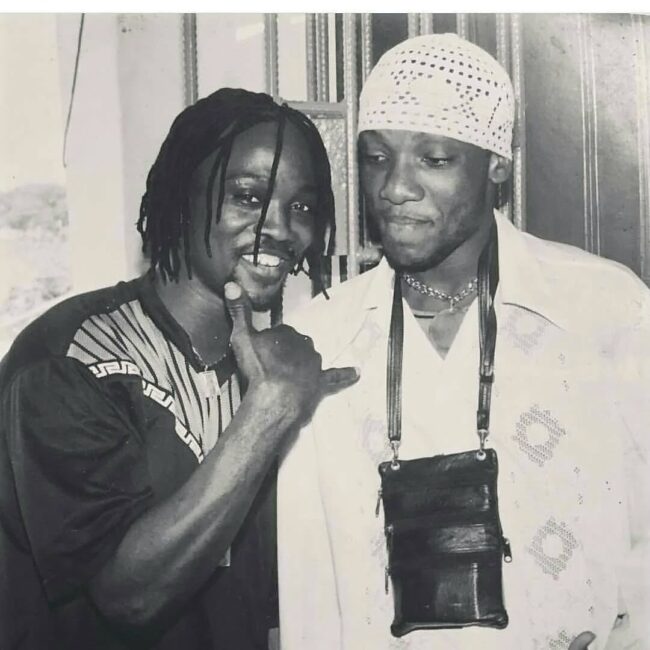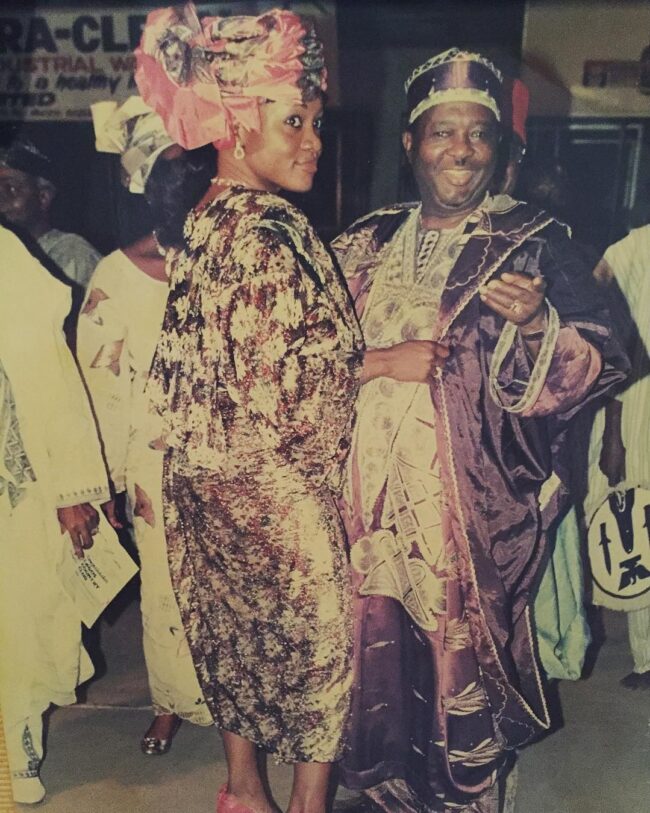Fela’s Relationship With Former Burkina Faso’s President Thomas Sankara
President Thomas Sankara, one of Africa’s finest leaders, with Fela Kuti during the Panafrican Film and Television Festival (FESPACO) in Ouagadougou, Burkina Faso, in 1987. A few months later, on Fela’s birthday, Thomas Sankara was shot and killed by rebellious members of his own army. From his coup in 1983 until his assassination in 1987, Thomas Isidore Noël Sankara, a Pan-Africanist, Marxist revolutionary, and Burkinabè military officer, presided over Burkina Faso as president. Supporters see him as a dynamic and iconic representative of the revolution. When Fela Kuti learned that his buddy Thomas Sankara had been toppled on his birthday, October 15, he was saddened. Fela claimed that people were always praising Thomas Sankara while he was touring Europe. Fela referred to him as Africa’s greatest president and in 1992, following his assassination, he also composed a song about him. “Underground system” You would hear a heartbroken Fela preaching about African leaders and condemning Thomas Sankara’s assassination on this track.



